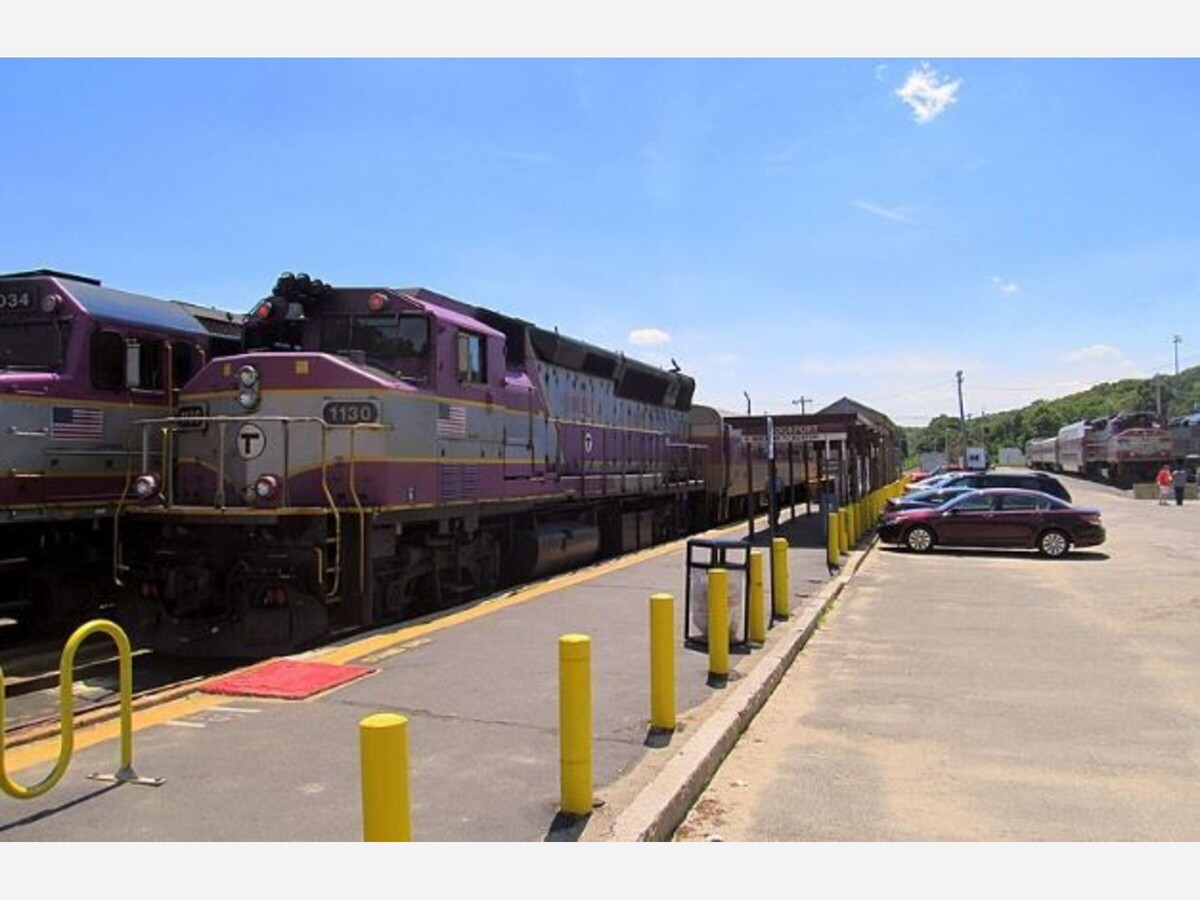With 2025 right around the corner, the picture of communities that will not come into compliance by the December 31, 2024 deadline is becoming more clear. A total of 130 communities are running up against that deadline. About 100 have passed zoning they say will make them compliant, while approx. 30 communities will miss the deadline. Here's several of those communities:
Inside 128 Suburbs
Winthrop
Saugus
Very Wealthy, Historically Housing-Averse Suburbs
Weston - Weston is a tough town for housing, failed at December Special Town Meeting overwhelmingly
Wenham
Marblehead - Failed at Town Meeting, not brought back
Needham - Needham, to its credit, passed amendments to incorporate MBTA zoning. Opponents, arguing that the amendment would allow more housing than required by state, gathered enough signatures to force a referendum however.
Upper Middle Class Very Suburban Towns
Wilmington - Wilmington is firm in its opposition, not only did MBTA zoning fail at Town Meeting, but failed again at a Special Town Meeting held this month
Tewksbury - Failed at TM
North Reading - Failed overwhelmingly at Special Town Meeting
Middleton -Failed at two town meetings
Wrentham
Norton
East Bridgewater
Suburban-Rural
Ipswich
Hamilton
Duxbury
Hanson
Georgetown
Rowley
Working Class Burbs/Cities
Gloucester - Gloucester passed zoning, but opponents gathered enough signatures to require a referendum
Middleboro - Middleboro officials are pretty universally against law and recommended town vote zoning down, unsurprisingly voters followed suit
Saugus
Rowley
Halifax
I've said it before in this thread, but I'll say it again. This type of thinking:
> Oh, so you want to be a car-dependent exurb? Then we're going to take away your rail service! Take that!
is just bad game theory.
Agreed. Why not something simple and straightforward? Residents of towns and cities that are building a lot of housing, since that housing is helping the economy, pay a reduced income tax rate - say 4% versus 5% for everybody else. That would certainly capture the attention of all those officials complaining in anti-housing communities.

 franklinobserver.town.news
franklinobserver.town.news


